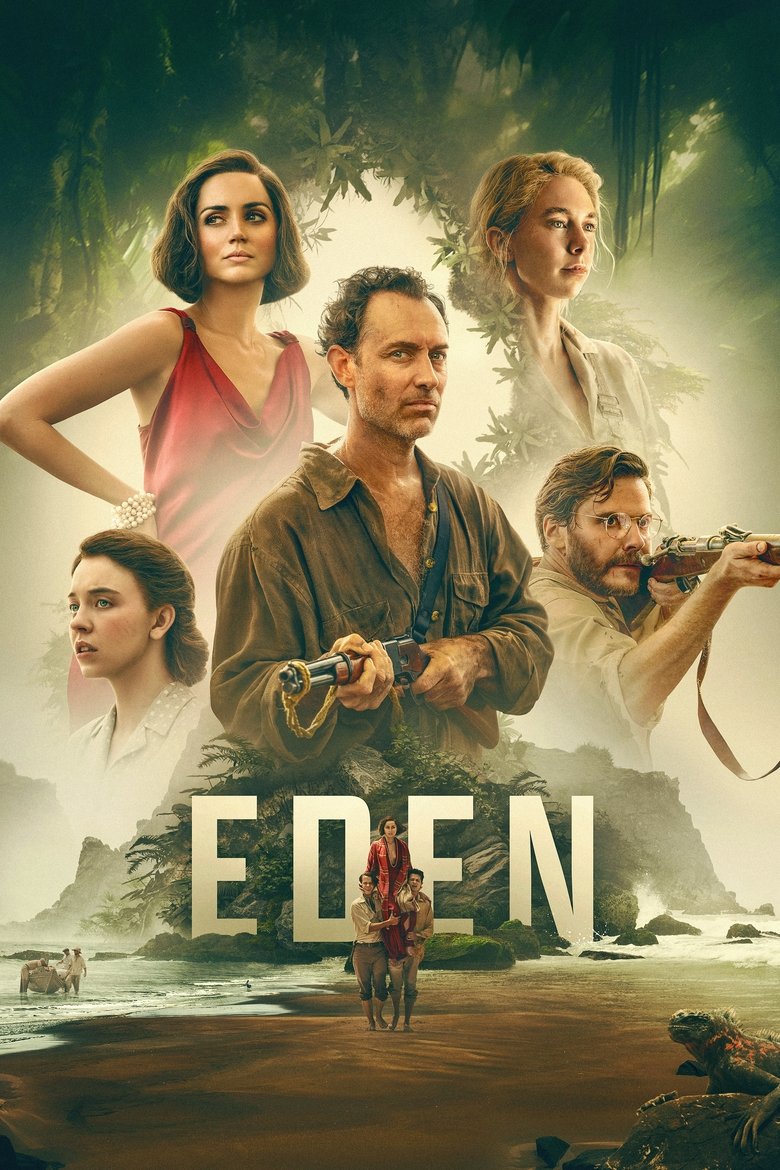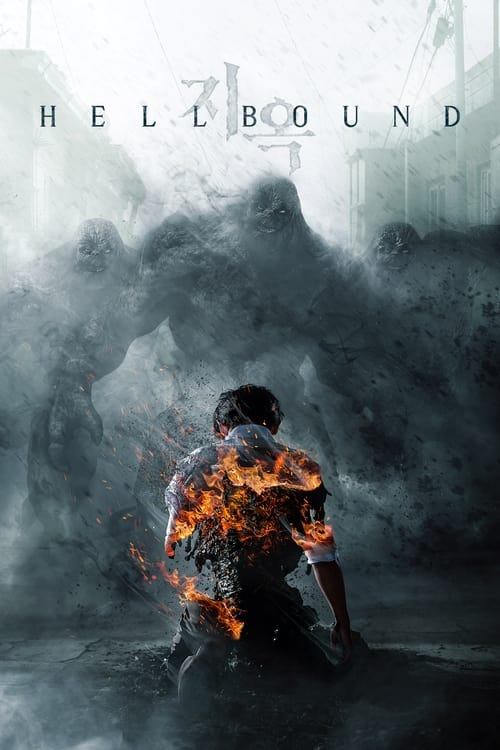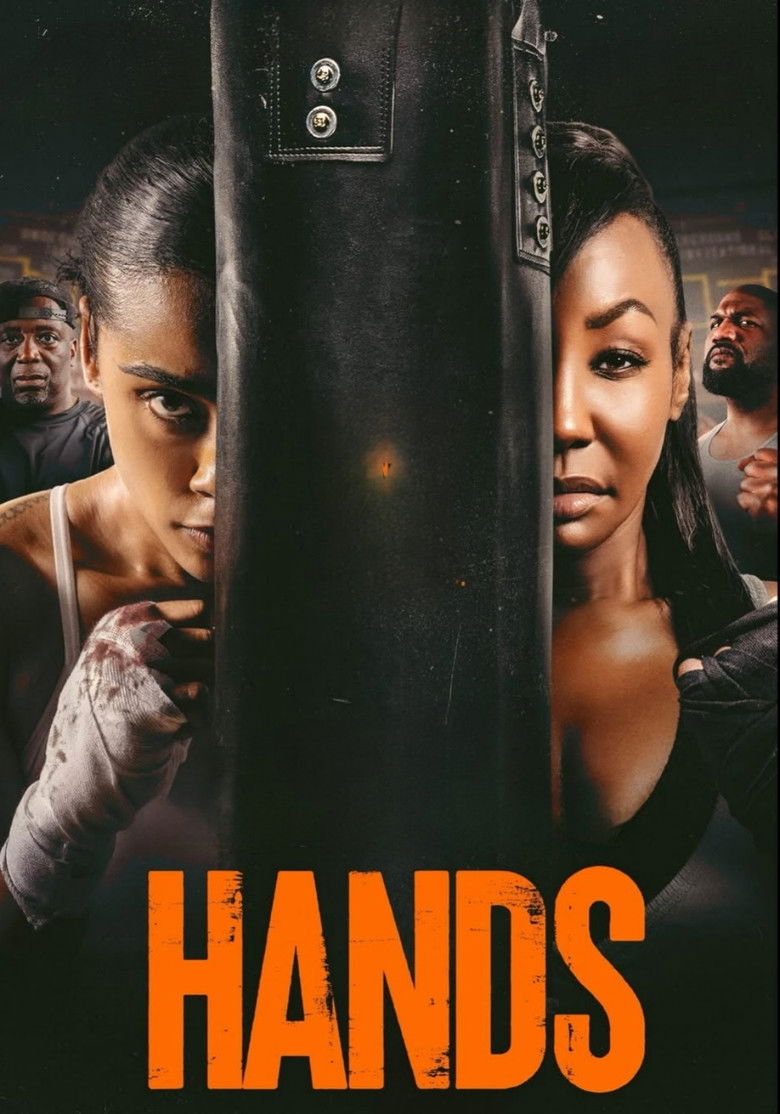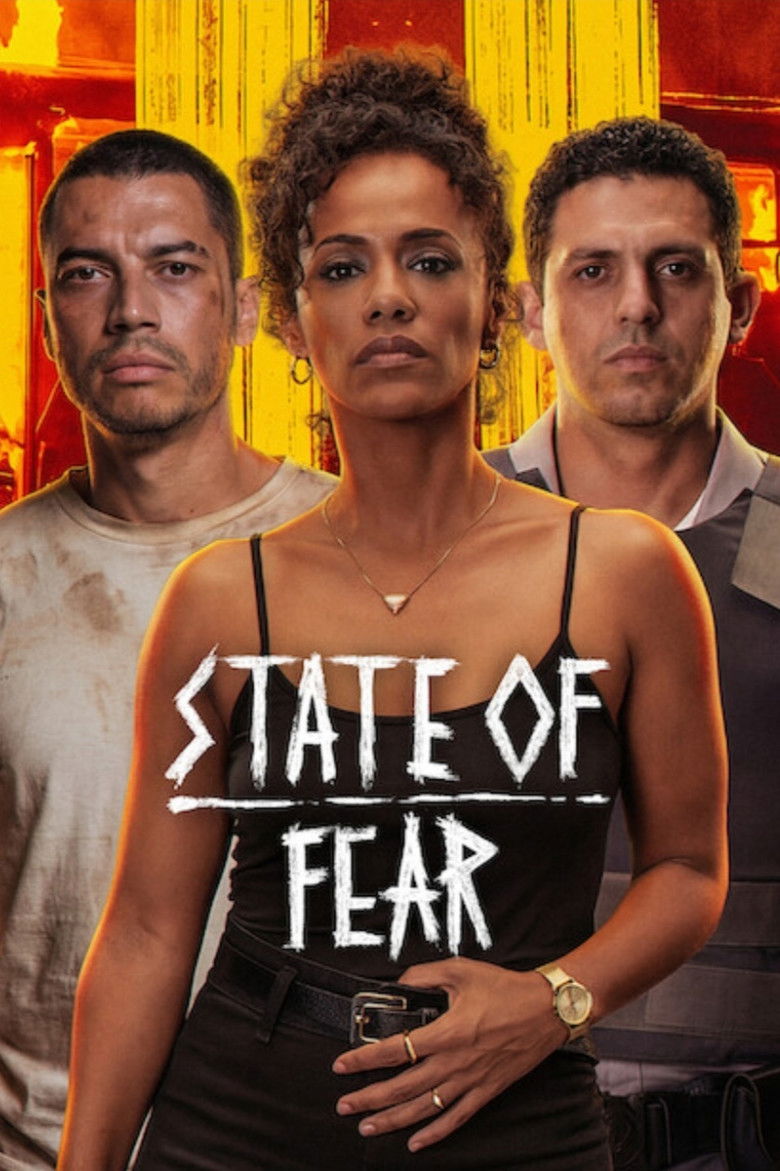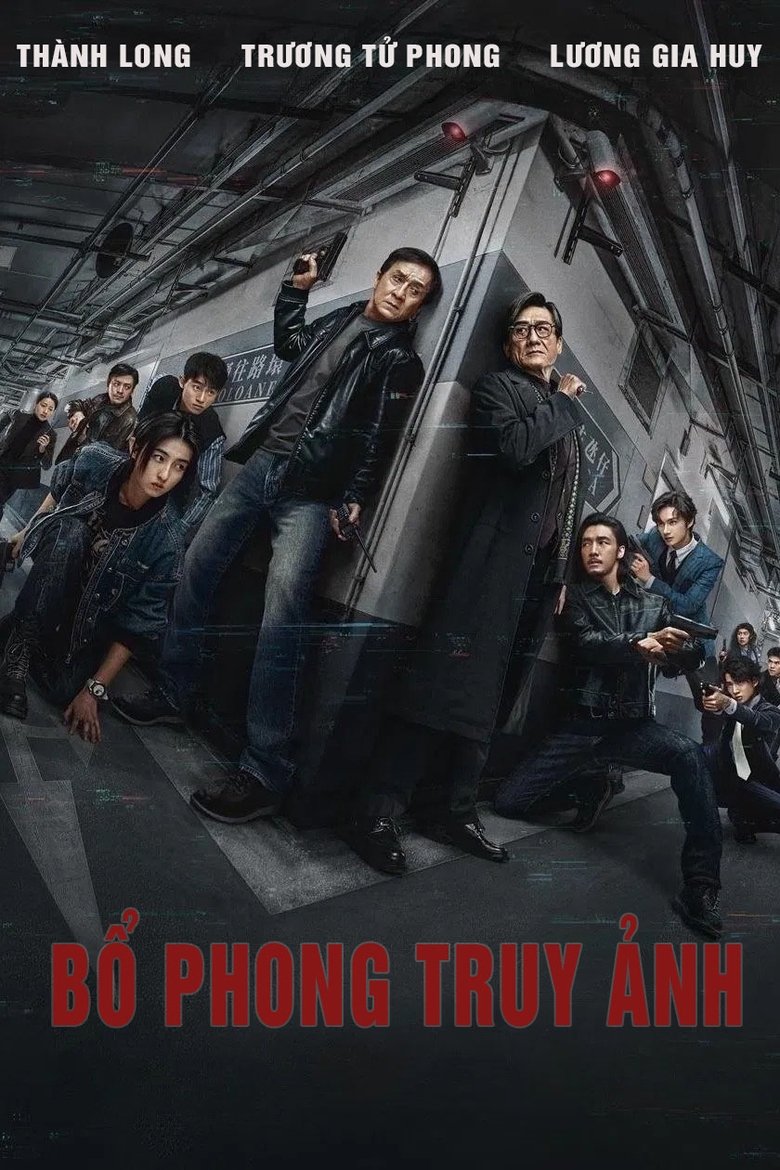East of Eden
"East of Eden": A Cinematic Masterpiece Unveiling the Complexities of Human Nature
In the realm of cinematic storytelling, few narratives resonate as profoundly as "East of Eden." A timeless classic that has captivated audiences for decades, this film, directed by Elia Kazan and inspired by John Steinbeck's novel, explores the intricate web of human emotions, choices, and the eteal struggle between good and evil. With a remarkable cast, stunning cinematography, and a hauntingly evocative score, "East of Eden" takes us on a mesmerizing jouey through the lives of two brothers, their tumultuous relationship, and the consequences of their actions. In this review, we delve deep into the heart of this iconic movie, meticulously dissecting its themes, characters, and cinematic achievements while paying homage to the brilliant prose of film critic Pauline Kael.
The Intricate Dance of Fate and Free Will
"East of Eden" is, at its core, a story of duality, encapsulated in the parallel joueys of its two protagonists, Cal and Aron Trask, portrayed by James Dean and Richard Davalos, respectively. The film opens with the mysterious and violent death of their father, a coal miner whose passing sets the stage for a dramatic exploration of good and evil.
Pauline Kael, renowned for her ability to dissect the core of a film's narrative, would undoubtedly appreciate the nuanced storytelling in "East of Eden." She possessed a unique gift for analyzing the psychological intricacies of characters and their moral dilemmas. In this film, she would find a fertile ground for her sharp insights, as it's a tale that skillfully examines the fine line between fate and free will, and how individual choices shape one's destiny.
James Dean's portrayal of Cal Trask is nothing short of iconic. Kael would, without a doubt, commend his performance for its raw and intense portrayal of a character to between the desire for pateal approval and the weight of his own inner darkness. As a writer known for her ability to extract the essence of an actor's work, Kael might describe Dean's performance as a revelation, stating that he "gave Cal a compelling depth that lingers in the memory long after the credits roll." It's an undeniable testament to the power of cinematic storytelling when an actor can breathe life into a character in such a way that their struggles, triumphs, and failures become universal.
Sibling Rivalry and the Search for Identity
One of the central themes explored in "East of Eden" is the complex relationship between the two Trask brothers. Kael had a keen eye for dissecting the dynamics of familial relationships and their impact on a film's narrative. The rivalry between Cal and Aron is depicted with breathtaking intensity, and it's through this rivalry that the film delves into the characters' search for their own identities and places in the world.
The cinematography in "East of Eden," under the masterful eye of director of photography Ted McCord, is nothing short of breathtaking. Kael, a critic known for her appreciation of the visual elements of cinema, would surely have applauded the film's use of lighting and composition to convey the emotional turmoil within the characters. She might describe the film as "a visual feast, where every frame is a carefully composed work of art, reflecting the inner conflicts of its characters."
Kael was also a critic who could recognize and celebrate the craft of screenwriting. The screenplay, adapted from John Steinbeck's novel by Paul Osbo, carefully preserves the novel's themes and character complexities. The dialogue is sharp and poignant, and Kael would likely praise the writing for its ability to convey the depth of the characters' emotional struggles. She might write that "the script of 'East of Eden' is a testament to the power of words in cinema, where every line spoken by the characters reverberates with meaning."
Eva Marie Saint's portrayal of Abra Bacon, the love interest caught between the two brothers, would likely receive Kael's admiration as well. Kael appreciated strong, multidimensional female characters, and Abra is no exception. In her prose, Kael might commend Saint's performance for infusing Abra with a unique blend of vulnerability and strength, writing that "Eva Marie Saint's Abra stands as a symbol of the evolving role of women in cinema, a character who refuses to be a mere pawn in the male characters' drama."
The Battle Between Good and Evil
"East of Eden" unearths the eteal battle between good and evil, a theme that would surely resonate with Pauline Kael, who had a knack for dissecting the moral and ethical dimensions of a film's characters. The characters in this film grapple with their inner demons and exteal circumstances, ultimately questioning the nature of good and evil in a world filled with ambiguity.
In James Dean's Cal, Kael might find a character who challenges conventional notions of morality. She might write that "Cal's jouey is a reflection of the human condition, a reminder that we all possess the capacity for both good and evil." The character of Cal serves as a powerful exploration of the complexities of human nature, and Kael would surely celebrate the film's ability to navigate the gray areas of morality with such finesse.
In contrast, Aron represents the more conventionally virtuous path, a character whose innocence and purity might be seen as an embodiment of good. Kael, who appreciated the nuances of character development, would likely acknowledge that Aron's character, portrayed by Richard Davalos, provides a compelling counterpoint to Cal's inteal turmoil.
Elia Kazan's Direction and Leonard Rosenman's Score
Kael was known for her appreciation of the director's role in shaping a film's narrative. In "East of Eden," she would undoubtedly commend Elia Kazan for his exceptional direction. Kazan's ability to elicit powerful performances from his cast, his keen eye for detail, and his dedication to storytelling would ea her praise. Kael might describe Kazan as "a master of human drama, guiding the audience through the labyrinth of emotions with a steady hand."
Leonard Rosenman's score for "East of Eden" would also catch Kael's disceing ear. She was a critic who understood the power of music in film, and she might note that Rosenman's compositions serve as a haunting and evocative backdrop to the characters' emotional joueys. She could describe the score as "a symphony of human emotions, enhancing the film's impact in every frame."
Conclusion
In the realm of cinema, certain films transcend the boundaries of time and continue to captivate audiences with their timeless themes and extraordinary performances. "East of Eden" is undeniably one of these films, a masterwork of storytelling that examines the complexities of human nature, the battle between good and evil, and the intricacies of familial relationships.
Pauline Kael, a critic renowned for her ability to dissect the heart of a film, would undoubtedly find "East of Eden" a treasure trove of cinematic artistry. She would celebrate James Dean's portrayal of Cal Trask, the film's exploration of moral ambiguity, the intricacies of sibling rivalry, and the directorial prowess of Elia Kazan. Kael's prose would illuminate the depth and significance of this cinematic masterpiece, leaving readers with a profound appreciation for the enduring power of "East of Eden."
In closing, "East of Eden" is a testament to the enduring relevance of classic cinema and its ability to explore the timeless themes that shape the human experience. This film, through the lens of Pauline Kael's insightful prose, stands as a remarkable testament to the art of storytelling on the silver screen.

East of Eden
-
Status:
- East of Eden - Lồng tiếng
Directors: Kim Jin Man
Actors: Ji hye Han, Jeong eum Hwang, Eun tak Kang
Genres: TV-Series, Comedy,
Country: Korea,
Time: 56 Tập
Release Year: 2008
Productors:
"East of Eden": A Cinematic Masterpiece Unveiling the Complexities of Human Nature
In the realm of cinematic storytelling, few narratives resonate as profoundly as "East of Eden." A timeless classic that has captivated audiences for decades, this film, directed by Elia Kazan and inspired by John Steinbeck's novel, explores the intricate web of human emotions, choices, and the eteal struggle between good and evil. With a remarkable cast, stunning cinematography, and a hauntingly evocative score, "East of Eden" takes us on a mesmerizing jouey through the lives of two brothers, their tumultuous relationship, and the consequences of their actions. In this review, we delve deep into the heart of this iconic movie, meticulously dissecting its themes, characters, and cinematic achievements while paying homage to the brilliant prose of film critic Pauline Kael.
The Intricate Dance of Fate and Free Will
"East of Eden" is, at its core, a story of duality, encapsulated in the parallel joueys of its two protagonists, Cal and Aron Trask, portrayed by James Dean and Richard Davalos, respectively. The film opens with the mysterious and violent death of their father, a coal miner whose passing sets the stage for a dramatic exploration of good and evil.
Pauline Kael, renowned for her ability to dissect the core of a film's narrative, would undoubtedly appreciate the nuanced storytelling in "East of Eden." She possessed a unique gift for analyzing the psychological intricacies of characters and their moral dilemmas. In this film, she would find a fertile ground for her sharp insights, as it's a tale that skillfully examines the fine line between fate and free will, and how individual choices shape one's destiny.
James Dean's portrayal of Cal Trask is nothing short of iconic. Kael would, without a doubt, commend his performance for its raw and intense portrayal of a character to between the desire for pateal approval and the weight of his own inner darkness. As a writer known for her ability to extract the essence of an actor's work, Kael might describe Dean's performance as a revelation, stating that he "gave Cal a compelling depth that lingers in the memory long after the credits roll." It's an undeniable testament to the power of cinematic storytelling when an actor can breathe life into a character in such a way that their struggles, triumphs, and failures become universal.
Sibling Rivalry and the Search for Identity
One of the central themes explored in "East of Eden" is the complex relationship between the two Trask brothers. Kael had a keen eye for dissecting the dynamics of familial relationships and their impact on a film's narrative. The rivalry between Cal and Aron is depicted with breathtaking intensity, and it's through this rivalry that the film delves into the characters' search for their own identities and places in the world.
The cinematography in "East of Eden," under the masterful eye of director of photography Ted McCord, is nothing short of breathtaking. Kael, a critic known for her appreciation of the visual elements of cinema, would surely have applauded the film's use of lighting and composition to convey the emotional turmoil within the characters. She might describe the film as "a visual feast, where every frame is a carefully composed work of art, reflecting the inner conflicts of its characters."
Kael was also a critic who could recognize and celebrate the craft of screenwriting. The screenplay, adapted from John Steinbeck's novel by Paul Osbo, carefully preserves the novel's themes and character complexities. The dialogue is sharp and poignant, and Kael would likely praise the writing for its ability to convey the depth of the characters' emotional struggles. She might write that "the script of 'East of Eden' is a testament to the power of words in cinema, where every line spoken by the characters reverberates with meaning."
Eva Marie Saint's portrayal of Abra Bacon, the love interest caught between the two brothers, would likely receive Kael's admiration as well. Kael appreciated strong, multidimensional female characters, and Abra is no exception. In her prose, Kael might commend Saint's performance for infusing Abra with a unique blend of vulnerability and strength, writing that "Eva Marie Saint's Abra stands as a symbol of the evolving role of women in cinema, a character who refuses to be a mere pawn in the male characters' drama."
The Battle Between Good and Evil
"East of Eden" unearths the eteal battle between good and evil, a theme that would surely resonate with Pauline Kael, who had a knack for dissecting the moral and ethical dimensions of a film's characters. The characters in this film grapple with their inner demons and exteal circumstances, ultimately questioning the nature of good and evil in a world filled with ambiguity.
In James Dean's Cal, Kael might find a character who challenges conventional notions of morality. She might write that "Cal's jouey is a reflection of the human condition, a reminder that we all possess the capacity for both good and evil." The character of Cal serves as a powerful exploration of the complexities of human nature, and Kael would surely celebrate the film's ability to navigate the gray areas of morality with such finesse.
In contrast, Aron represents the more conventionally virtuous path, a character whose innocence and purity might be seen as an embodiment of good. Kael, who appreciated the nuances of character development, would likely acknowledge that Aron's character, portrayed by Richard Davalos, provides a compelling counterpoint to Cal's inteal turmoil.
Elia Kazan's Direction and Leonard Rosenman's Score
Kael was known for her appreciation of the director's role in shaping a film's narrative. In "East of Eden," she would undoubtedly commend Elia Kazan for his exceptional direction. Kazan's ability to elicit powerful performances from his cast, his keen eye for detail, and his dedication to storytelling would ea her praise. Kael might describe Kazan as "a master of human drama, guiding the audience through the labyrinth of emotions with a steady hand."
Leonard Rosenman's score for "East of Eden" would also catch Kael's disceing ear. She was a critic who understood the power of music in film, and she might note that Rosenman's compositions serve as a haunting and evocative backdrop to the characters' emotional joueys. She could describe the score as "a symphony of human emotions, enhancing the film's impact in every frame."
Conclusion
In the realm of cinema, certain films transcend the boundaries of time and continue to captivate audiences with their timeless themes and extraordinary performances. "East of Eden" is undeniably one of these films, a masterwork of storytelling that examines the complexities of human nature, the battle between good and evil, and the intricacies of familial relationships.
Pauline Kael, a critic renowned for her ability to dissect the heart of a film, would undoubtedly find "East of Eden" a treasure trove of cinematic artistry. She would celebrate James Dean's portrayal of Cal Trask, the film's exploration of moral ambiguity, the intricacies of sibling rivalry, and the directorial prowess of Elia Kazan. Kael's prose would illuminate the depth and significance of this cinematic masterpiece, leaving readers with a profound appreciation for the enduring power of "East of Eden."
In closing, "East of Eden" is a testament to the enduring relevance of classic cinema and its ability to explore the timeless themes that shape the human experience. This film, through the lens of Pauline Kael's insightful prose, stands as a remarkable testament to the art of storytelling on the silver screen.


